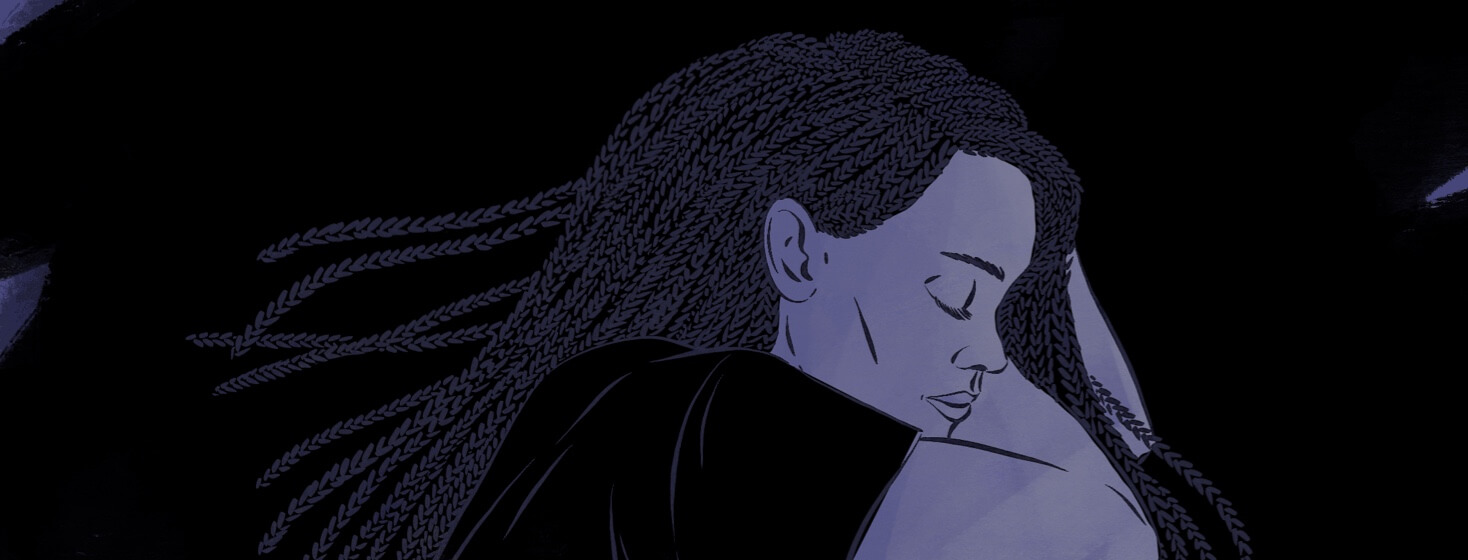"Are You Okay?": Recognizing When My Tank Is On Empty
"Are you okay? Are you sure you're okay? Cause you don't look okay. I can see it in your eyes, get some rest," a peer and client said.
Embarrassment. That's how I felt when my client called me out on my need for self-care. My lip gloss could not hide what my eyes revealed, I was exhausted and out of gas. I couldn't keep my rhythm at work. I was in the midst of being dragged in the mud from the ordinary stresses of life: bills, relationships, and the hit to my pride to not holding it together, not even for an hour.
Being a certified peer specialist with schizophrenia
My job as a certified peer specialist (CPS) is to model wellness for mental health because the sole prerequisette is having a mental health condition. I've been a CPS for over 12 years and work with a lot of peers in recovery like myself, living with schizophrenia, depression, and bipolar disorders.
However, my depression was winning the battle. I was struggling with my self-care because the daily pressures kept building up. Still, I have the skills and experience with resilient efforts to get back on track before a catastrophic event occurs – to not only my health but my whole life's foundation and joy, independent living, and stability to take care of my 12-year-old.
Activating a wellness and self-care plan
Therefore, I activated the beast mode on my health plan. I prepared an exercise schedule, committed to journaling regularly, and minimized any missed medication doses. Now I plan to run 3 times a week to keep my brain's endorphins flowing more readily.
Last week was my first time implementing the fitness routine. I did well, but the real challenge is keeping it going.
Journaling to cope with schizophrenia and depression
Now I'm conscious of my journaling routine. I'm mindful of how often I write. Trying to write every single day is a priority. Journaling declutters my mind and helps me remain focused on priorities and evaluate everyday events and stressors. So far, I'm doing well and feeling like I can tackle situations a little easier.
Moreover, I keep another log, a "Realistic Journal." It captures my daily activities so that I can recall what I've accomplished each day opposed to what I didn't check off on my "Things to Do List." This journal is a confidence booster and tracks the things I did well that day.
Staying on top of my meds
Whenever I skipped a single dose of medication I didn't worry about it, but when I start missing 2 or more doses I revamp my medication regimen to practice managing my morning and nighttime meds with keen adherence. I use the alarm on my phone to stay committed to my schedule.
Health routines and self-care are so important
In addition to creating a new wellness plan my other coping tools incorporate therapy, praise and worship, reciting affirmations, and checking in with my circle of confidants. Recycling coping skills are vital to my hopes and aspirations to conquering my mind wars and maintaining stability to work and take care of myself and family, in spite of the subtle flares up of my schizoaffective disorder.
Finally, if you can relate to my experiences I encourage you to start a new health routine, stay committed to your medication regimen, and incorporate your best coping strategies to control the mind wars.

